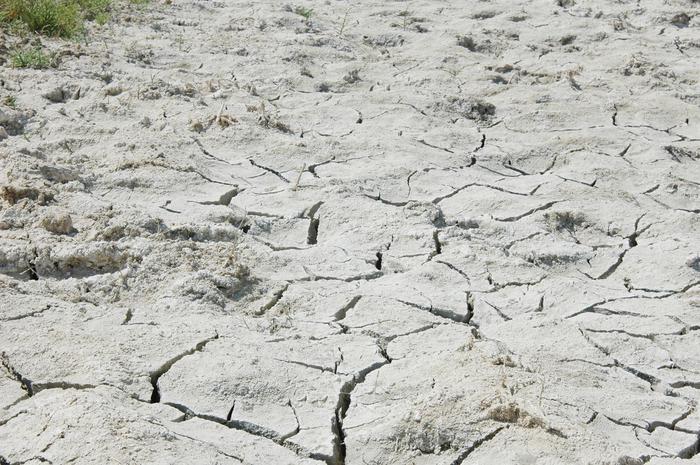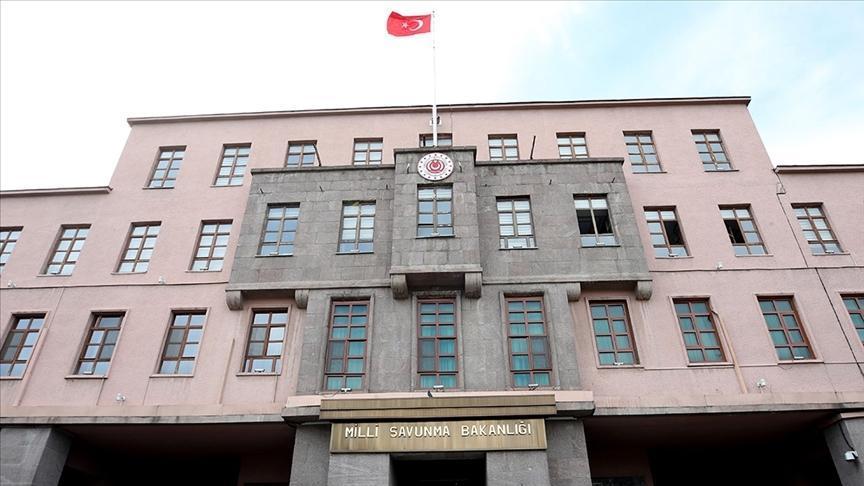Wetlands of Turkey dried up by half in 40 years: NGO
Serkan Ocak – ISTANBUL

About half of the wetlands in Turkey have dried up in the last 40 years, due to a combination of increasing temperatures, drought and excessive abstraction of water for agriculture, according to the Istanbul-based Society for the Protection of Nature (DHKD), a conservation non-governmental organization.
Accordingly, warning bells are ringing for the Seyfe Lake Bird Paradise, where 50 different bird species incubate, 182 bird species take shelter and 25 bird species stop by on their migration route, as the lake has almost turned into arid land.
The lake in the Central Anatolian province Kırşehir, is included in the Ramsar Convention, an international treaty for the conservation and sustainable use of wetlands, and is under protection as a national park.
“Temperatures have been increasing. Normally, the lake would dry in July or August, but the situation has changed now. There were three springs feeding Seyfe [Lake]: Seyfe spring, Horla spring and Malya spring. But, there is no more water left in these springs,” Seyfe Lake Ecology Foundation head Ömer Çetiner told daily Hürriyet on March 25.
The deepest depth of the lake is not even one meter, Çetiner added. When asked what could be done to improve the situation, he said the irrigation system had to be changed, with a shift to the “drip irrigation method.”
Experts point out that Seyfe Lake is not the only place that faces danger, as Meke Lake, known as the “world’s largest evil eye amulet,” is almost on the brink of extinction.
Geology Assistant Prof. Fethullah Arık had previously said the lake located in the Central Anatolian province of Konya could no longer be fed by underground water, as the aquifers in the Konya Basin have also dried out.
“The excessive amount of groundwater abstraction for irrigation” is the main reason lakes have dried in Turkey, Prof. Dr. Levent Kurnaz, the Director of the Center for Climate Change and Policy Studies at Boğaziçi University, told daily Hürriyet.
“The plants’ need for water has been increasing to a change in the climate. And it is getting more difficult to feed the plants with rain water. This is why we need more groundwater now and use it much more. The lakes’ levels are also decreasing,” Kurnaz said.
“We need to shift to agricultural products that are resistant to serious drought. We should not grow products, such as the sugar beet, which require a lot of water in the Central Anatolian region. Life is getting more and more difficult for farmers,” he said.
According to data from the General Directorate of Meteorology, along with an increase in temperatures, rainfall has decreased by 20 percent in Turkey since 2009.
According to Kurnaz, after the year 2070, areas in Turkey located west of the eastern province of Erzurum will no longer see snowfall.
“The degrees of temperature that are currently at 38-40 in the summer months in our southern regions, will increase to 45-50 in the upcoming years,” he said, adding that those who are investing in skiing tourism should take into account the possibility that skiing might not be possible in the same area 20 years later.
















